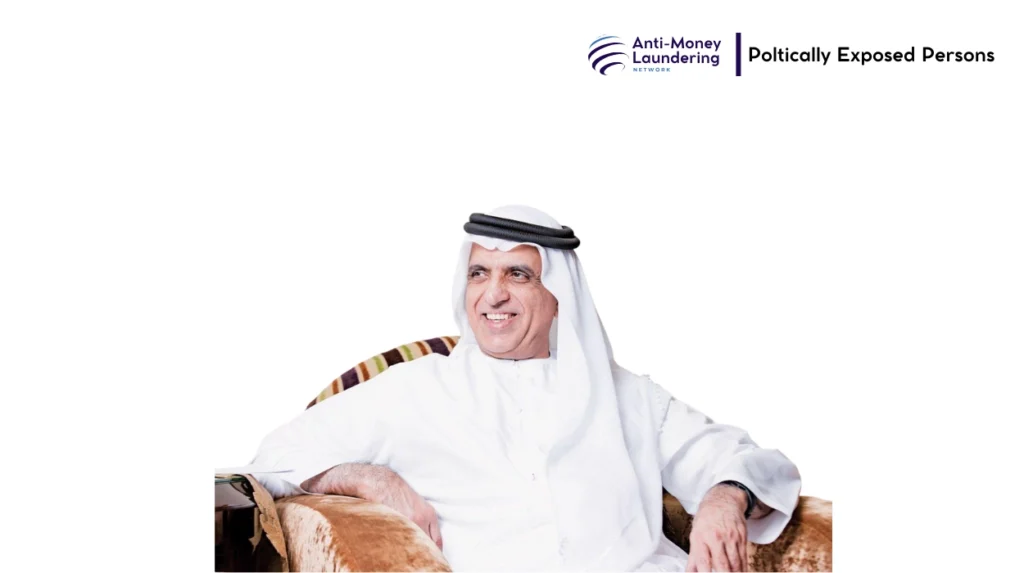Sheikh Saud bin Saqr Al Qasimi, ruler of Ras Al Khaimah, epitomizes the merger of autocratic power and commercial control that enables financial misconduct under the guise of state-led development. Allegations point to a regime rife with corruption, where foreign investors become victims of extortion, fabricated criminal charges, and misuse of international law enforcement tools like Interpol to silence dissent and extract wealth. His rule is marked not only by an opaque system that shields elite interests but also by aggressive tactics against perceived opponents, showcasing how impunity and lack of transparency in Ras Al Khaimah facilitate the abuse of state-linked institutions for personal enrichment and asset shielding. This context highlights the systemic vulnerabilities exploited by Sheikh Saud to channel illicit wealth and perpetuate unaccountable governance.
Sheikh Saud bin Saqr Al Qasimi, as Ruler of Ras Al Khaimah and a member of the UAE Supreme Council, wields significant political and economic power. While there are no confirmed legal cases or direct accusations of money laundering against him, the intertwined political-commercial framework in Ras Al Khaimah raises systemic risks. The control over state-linked enterprises and investment zones, combined with a local governance system that likely shields elite interests from scrutiny, creates fertile ground for unmonitored asset flows and potential illicit wealth concealment. Thus, while direct allegations remain unverified, the environment under his rule is susceptible to exploitation for laundering and financial misconduct consistent with known global patterns among PEPs in similar roles. This profile urges heightened due diligence and monitoring given the elevated risk profile inherent in his combined political and economic influence in the emirate and wider UAE context.

